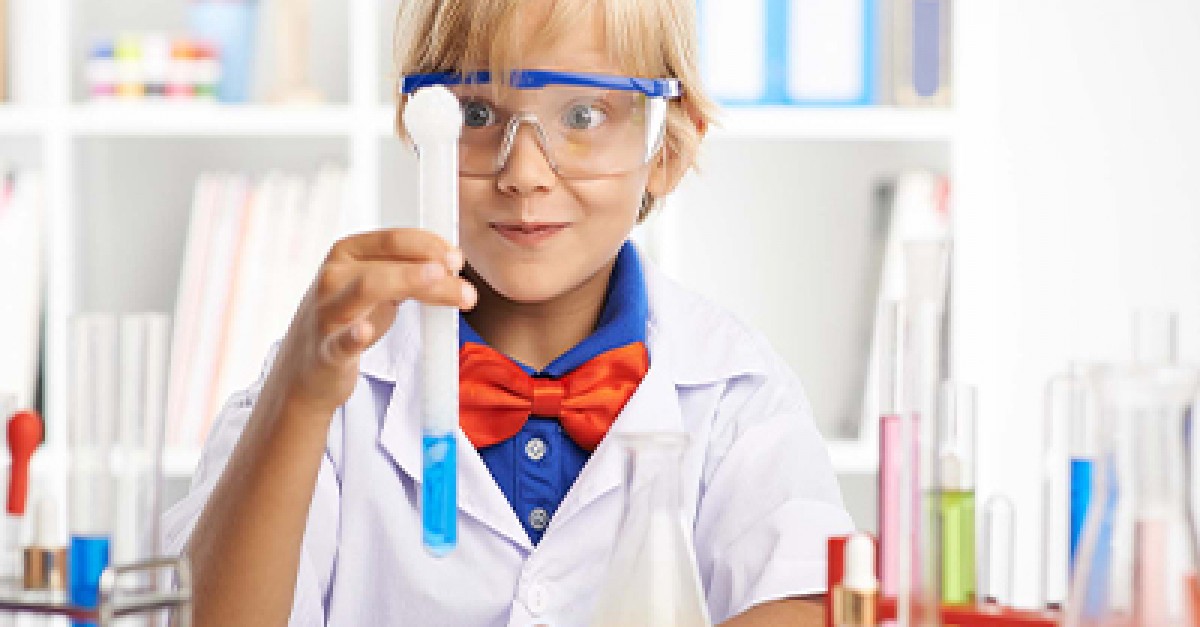Australia’s most iconic children’s program, Play School, has teamed up with Little Scientists to bring early childhood educators a vibrant suite of STEM experiments designed for children aged 2–8 years. This exciting collaboration aligns with Series 3 and 4 of Play School’s Science Time, offering hands-on learning experiences that explore everything from sound waves and slime to moon craters and solar energy.
A Playful Approach to Scientific Inquiry
Each Science Time episode runs for 7–9 minutes and introduces children to a scientific concept through playful exploration. The episodes are paired with themed experiments developed by Little Scientists, using everyday materials found at home or in early learning settings. These activities are designed to foster curiosity, critical thinking, and a love of discovery.
Educators are encouraged to:
- Watch an episode of Science Time with children
- Explore the linked STEM experiments
- Run the experiments using household items and follow the scientific method
Four Thematic Experiment Suites
The experiments are grouped into four engaging categories:
Fabulous Physics
Linked to episodes like Refraction in Action and Magical Magnets, these experiments explore kinetic energy and sound:
- Do movements make sound? (Party poppers and energy)
- Can you see sound? (Sound waves and frequencies)
Kitchen Chemistry
Inspired by episodes such as Cool Cabbage Colour Change and Egg Shell Geodes, these experiments dive into chemical reactions and properties:
- Are bubbles really round?
- Can seeds turn into slime?
- Can food turn into dye?
- Do recipe measurements matter?
- Do all liquids freeze the same way?
Our Living Planet and Beyond
With episodes like Fast Fossils and Cyclone in a Bottle, children explore earth science and space:
- Can rocks form quickly?
- Can the sun make energy?
- How did the moon get its craters?
- What makes glaciers change over time?
Our Amazing Body
Linked to Slime Snot and Robotic Hand, these experiments explore biology and health:
- How fast does your heart beat?
- How do our senses help us?
- What drinks keep our teeth strong?
Embedding the Scientific Method
Each experiment is designed to follow the scientific method, with presenters modeling inquiry-based phrases and questions. Educators are encouraged to intentionally reference these steps during experimentation to deepen children’s understanding and promote scientific thinking.
For visual learners, Little Scientists also offers an Inquiry Cycle to support educators in scaffolding children’s investigations.
Professional Development Opportunities
To further support STEM pedagogy, Little Scientists offers:
- In-person and online STEM workshops
- STEM Hours for flexible learning
- In-service and family workshops tailored to your community
This partnership brings together the joy of Play School with the rigour of inquiry-based STEM learning, empowering educators to nurture the next generation of curious thinkers.
Further Reading
Exploring Science In Early Childhood
Easy Science Experiments For Toddlers and Preschoolers
Science Resources For The Early Years
30 Preschool Science Activities Aligned With EYLF
Introducing Science To Babies
20 Super Simple Science Experiments For Toddlers
STEM: Teaching Guide For Educators
Examples of STEM Experiences







 ***WARNING: DISTRESSING CONTENT*** Victorian detectives have laid 83 additional charges against former Melbourne childcare worker Joshua Dale Brown, expanding the total number of alleged offences
***WARNING: DISTRESSING CONTENT*** Victorian detectives have laid 83 additional charges against former Melbourne childcare worker Joshua Dale Brown, expanding the total number of alleged offences Regulatory authorities across Australia have identified staffing as a priority area, with a strong focus on ensuring educators hold valid, authentic qualifications. Unfortunately, fraudulent certificates
Regulatory authorities across Australia have identified staffing as a priority area, with a strong focus on ensuring educators hold valid, authentic qualifications. Unfortunately, fraudulent certificates